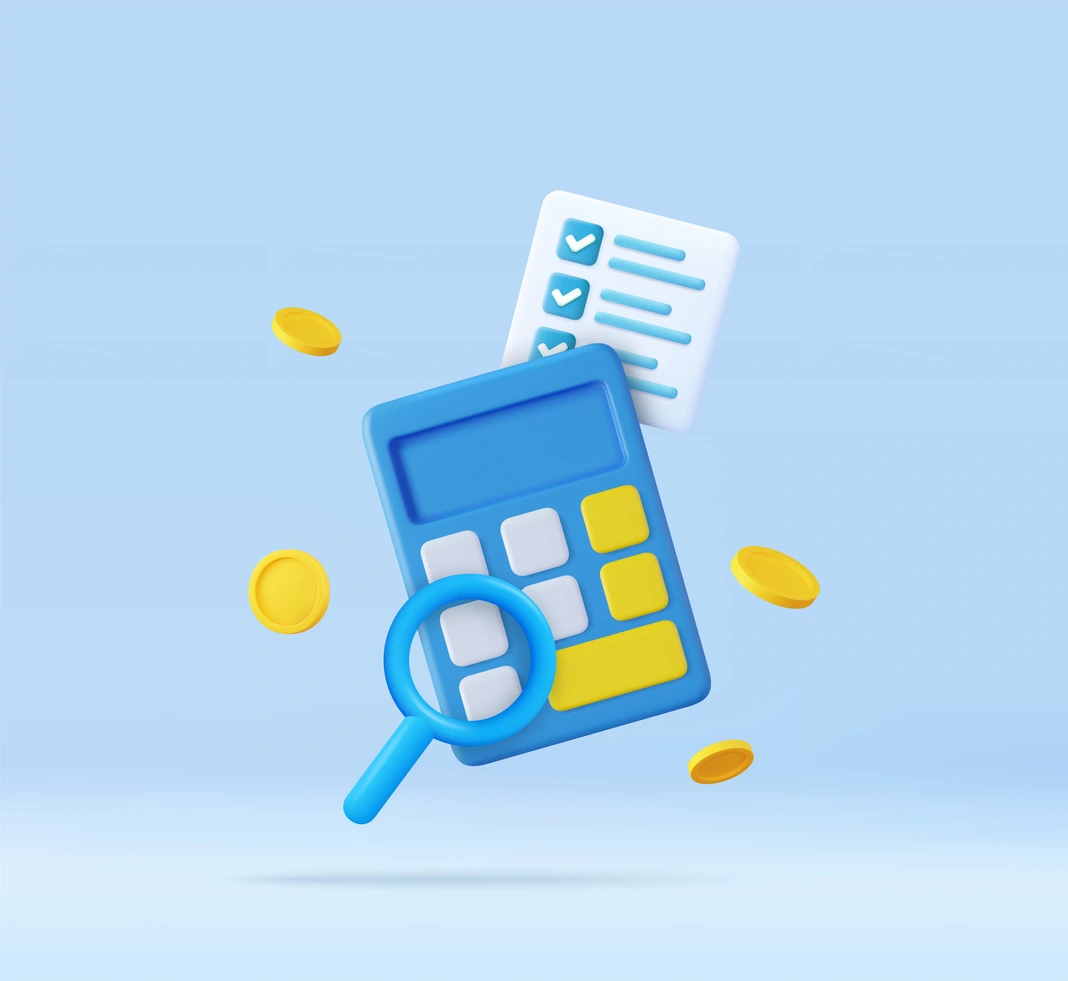What Is an Earnest Money Deposit?
An earnest money deposit is a sum of money the buyer pays as a sign of good faith to the seller that they will purchase the home. The money goes into an escrow account until it can be applied to the down payment at closing.
Although an earnest money deposit isn’t legally required, it’s become a standard practice over the years—and for good reason. Not only is it a helpful negotiation tactic, but it also helps protect both buyers and sellers throughout the transaction.
In this article, you’ll learn how much an earnest money deposit typically is, why it’s useful, and best practices to avoid losing it.
Table of Contents
Key Takeaways:
🔑 Generally ranging from 1% to 2% of the home's purchase price, an earnest money deposit is a negotiation tactic and helps protect both parties throughout the transaction. However, the exact amount is negotiable, and it can vary based on factors like market competitiveness and the nature of the sale.
🔑 Buyers and sellers can avoid potential pitfalls by following best practices (e.g., clear and detailed contracts with outlined expectations regarding the earnest money deposit, including what happens if the buyer changes their mind, adding timelines to the contract, such as deadlines for inspections and loan approvals, etc.).
🔑 Vigilance against scams, ensuring deposits go to trusted escrow accounts, and seeking receipts for cleared deposits are crucial steps in maintaining a transparent and secure real estate transaction.
How Much Is an Earnest Money Deposit?

what is an earnest money deposit
Generally, buyers can expect to pay 1% to 2% in earnest money. For example, if you buy a $500,000 home, your earnest money deposit may be around $5,000 to $10,000. However, the deposit could be as high as 5% to 10% in a highly competitive market or for new construction.
That said, the exact amount is negotiable. You could try to sweeten your bid or negotiate a lower price by offering a higher deposit. Or, if a seller doesn’t feel that your earnest money offer is high enough, they may ask for more.
How Earnest Money Protects Buyers and Sellers
Earnest money deposits are more than a negotiation tactic. They also help protect buyers and sellers until the deal is closed.
For example, when a buyer pays a deposit (usually once the contract is signed), the seller must remove the home from the market, ensuring the property is reserved. Sellers, in turn, can keep a portion or all of the deposit if the buyer backs out of the sale for any reason not covered in the contract.
💡 Earnest money deposit vs. good faith deposit: What’s the difference?
You may hear people use these terms interchangeably. But sometimes, a “good faith deposit” refers to a deposit the buyer pays directly to the lender instead of the seller via escrow. In that case, the money goes toward lender fees at closing.
Can a Buyer Lose Their Earnest Money Deposit?
If a buyer breaks their contract in any way, they could lose their earnest money deposit. This includes failing to meet deadlines, not fulfilling their responsibilities, or changing their mind about purchasing the home for any reason not outlined in the contract.
How to Avoid Losing Your Earnest Money
Include Contingencies in the Contract
Certain contract contingencies can help protect the buyer’s money. Here are a few examples:
Appraisal contingency: This allows the buyer to back out of the sale and recover their deposit if the home appraises at an amount lower than the agreed-upon purchase price.
Home inspection contingency: If a home inspection reveals significant issues with a property and the buyer and seller can’t agree on who will cover the expenses, the buyer can cancel the contract without losing their deposit.
Financing contingency: This protects the buyer’s deposit if their home loan falls through.
Home sale contingency: Buyers can recover their deposit and cancel the contract if they can’t sell their home within a specified timeframe.
Although waiving contingencies may make a bid more attractive in a seller’s market, buyers should only do so if they’re willing to risk losing their deposit if something goes wrong during the closing period.
Add Timelines to the Contract
Sellers can protect themselves and their time by including deadlines in the contract, such as when inspections, appraisals, and loan approvals must be done. If a buyer fails to meet those deadlines, the seller may be able to keep the deposit.
Watch Out for Earnest Money Scams
Deposits should always go to a trusted brokerage’s escrow account—never directly to the seller. From a buyer’s perspective, a seller asking for the deposit to go to a specific account is a red flag. Getting a receipt once the deposit has cleared is also a good idea.
Sellers, in turn, should watch out for false checks. A fake buyer may offer to pay a large earnest money deposit directly to a seller—only to cancel the contract or “accidentally” overpay and demand the funds be returned before the check has cleared.
According to the FDIC, you can spot a fake check by researching the bank it’s issued from, double-checking the amount on the check, and looking for an official watermark.
Best Practices for the Earnest Money Deposit Process
To ensure a smooth and transparent real estate transaction, buyers and sellers should put every step and expectation in writing. Their contract should detail how much the earnest money deposit is, what happens to the funds if the buyer changes their mind, and when the deposit should be paid.
Both parties should ask their real estate agent to walk them through their contractual responsibilities to avoid misunderstandings. While earnest money deposits can be helpful during a home sale, paying attention to your contract and meeting your deadlines is critical to prevent financial loss.
Like this project
Posted Jan 28, 2024
What is an earnest money deposit? In this blog post, we covered the basics of earnest money deposits. Click here to learn more.






